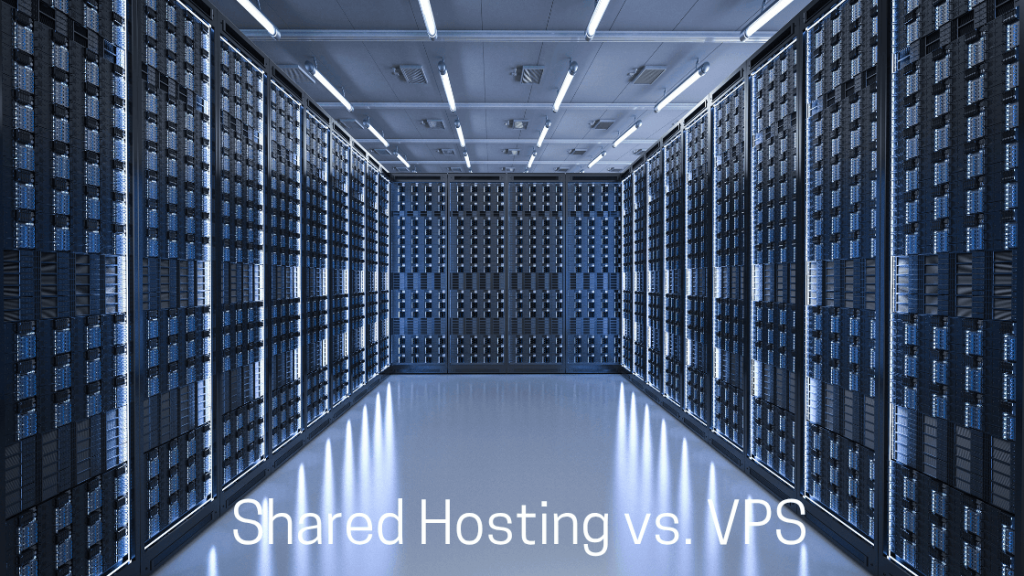When you’re just starting on your blogging or website journey, the question of “Shared Hosting vs VPS: Which One Should You Choose?” is a big one.
I’ve been creating blogs for over ten years, and I’ve had the chance to use pretty much every hosting option out there.
Let me walk you through what I’ve learned, blending real-world experience with clear comparisons so you can make the right choice.
Understanding the Basics: Shared Hosting and VPS
In simple terms, shared hosting is like living in an apartment building. Your website shares a server (the “building”) with a bunch of other sites. It’s affordable, beginner-friendly, and doesn’t require much technical knowledge.
VPS hosting—or Virtual Private Server—is more like owning a condo. You still share a physical server with others, but you have your dedicated portion of resources, and no one else can use them.
When I first started blogging, I jumped in with shared hosting because it was cheap and easy to set up. Honestly, it did exactly what I needed in those early months.
Cost and Control: Why I Eventually Moved On
In those early days, shared hosting was a lifesaver. It lets me launch multiple sites without worrying about big bills. But as my sites grew, I realized something important: shared hosting can be limiting.
Performance would dip if other sites on the server got busy, and I had almost no control over server settings.
I remember hitting that point where my blog started to get consistent traffic, and I needed more control. Switching to a VPS gave me that freedom—and the speed boost was immediately noticeable.
Performance and Security: Lessons from the Trenches
Here’s something I learned the hard way: with shared hosting, your site’s performance can suffer because of what other sites on the same server are doing.
I had moments when my site was sluggish simply because a “neighbor” was hogging resources.
With VPS hosting, your portion of the server is isolated. When I made the switch, downtime became rare, page load times dropped, and I could configure my security settings exactly how I wanted. Yes, VPS costs more—but as I’ve always said, you get what you pay for.
Scalability: Planning for Growth
Shared hosting is fine for small websites, but if you’re aiming for growth, it’s better to think ahead. I always tell beginners: start small, then scale when the time is right.
Today, I use WPX Hosting, a managed cloud-based solution that combines the power of VPS with cloud flexibility.
But I wouldn’t have jumped straight into it without going through the shared hosting stage first.
FAQ: Shared Hosting vs. VPS
Is VPS better than shared hosting?
Yes—if performance, control, and scalability matter to you, VPS is better. With VPS, your resources aren’t affected by other websites on the server.
I noticed a big jump in speed and stability when I switched from shared hosting to VPS. However, if you’re just starting, shared hosting is more affordable and beginner-friendly.
Which hosting option should you use?
If you’re launching your first site or blog, go with shared hosting. That’s how I started, and it’s perfect for small projects.
If you already have steady traffic or run an online store, a VPS is the better choice for long-term growth.
Which is better, VPS or cloud hosting?
It depends. VPS offers dedicated resources on a single server, while cloud hosting spreads your site across multiple servers for higher uptime and scalability.
These days, I use WPX Hosting, which is a type of managed cloud service—mainly because it combines the speed of VPS with the flexibility of the cloud.
When should I use shared hosting?
Use shared hosting when you’re building a small site, personal blog, or portfolio, and you don’t expect high traffic in the short term.
I used it for years in my early blogging days, and it saved me a lot of money before I was ready to scale.
Key takeaways: Making the Right Choice for Your Website
After more than a decade of building blogs and experimenting with hosting, I can say this: there’s no one-size-fits-all answer.
Shared hosting is perfect when you’re starting small, want to keep costs low, and don’t need advanced customization. That’s exactly where I began, and it served me well in my early years.
But as my traffic grew, I ran into the classic shared hosting bottlenecks—slow performance and limited control.
Moving to a VPS felt like stepping into my private workspace, with better speed, security, and flexibility.
If you’re still unsure, think about your website’s current needs and where you want it to be in the next year.
I tell beginners to start with shared hosting, but be ready to upgrade to VPS once growth kicks in. That upgrade was one of the best decisions I ever made for my sites.

